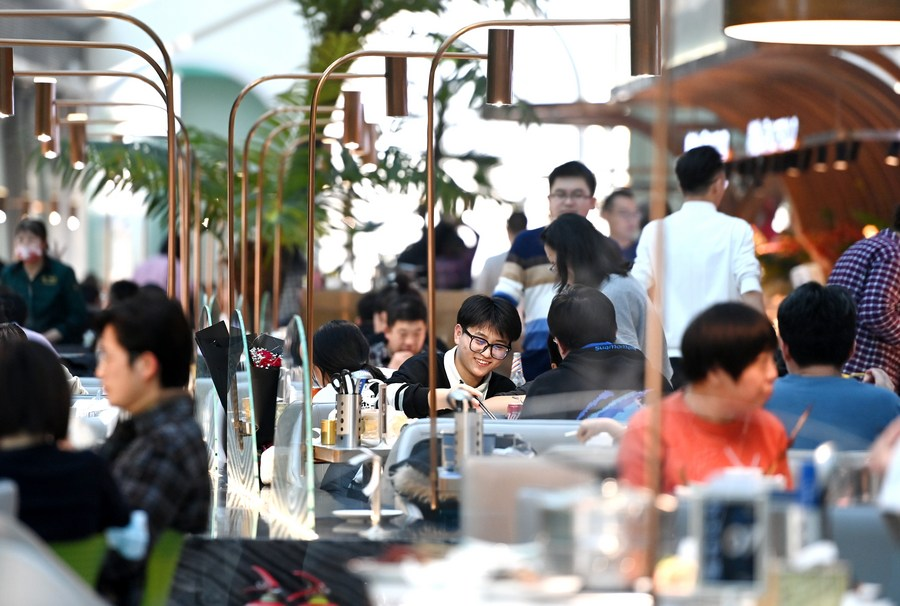Instead of fixing the issue itself? What other data should the government hide for the sake of denying its enemies "propaganda weapons," and if this is an issue of people's faith in the system, how is inceasing restrictions of data that would concern the average citizen for the sake of "national security" supposed to bolster the government's legitimacy exactly? Oh college graduates in China are left in the dark about their job and economic prospects, ordinary folks are robbed a key metric of the government and economy's performance, but the NYTimes has one less thing negative China story to write about, so checkmate Western world, flawless victory for the CPC?
Who says they are not fixing the issue itself?
If the issue requires multiple months or even years to be corrected, however information continues to be exploited for the sake of negative press coverage, then should they continue to provide the resources for that sort of coverage?
There are often cases of this where deprivation of information is a necessity or prudent. A few years ago there was a video documentary called under the dome about pollution in China which gained traction, and it was pulled online because it received too much coverage.
However that didn't mean China was not massively investing in the renewables industry in all domains, it just meant that people needed to let the government do its thing so as to not create unrealistic expectations that could compromise government policy.
And low and behold, we've seen notable improvements in air pollution, as part of a long journey to steering the nation to be more environmentally cohesive and friendly.
Plus if this is an issue of propaganda, I'm surprised people aren't saying that China should just throw in the towel right now, considering how low of an opinion even the most hardened Chinese nationalist has of China's information warfare capabilities.
Actually, what China needs to be able to compete in the information warfare/propaganda/PR domain is to achieve consistent, stable long duration material advantages, which can only be attained by consistent and stable political rule and to ensure that policies are not undermined by unrealistic public expectations and influence.
What is prudent may not be immediately satisfactory, and ultimately the most prudent decision is typically to "let them cook" -- in this case, being the CPC.
And if you disagree with that, then it's a question of who is wrong in their assessment of reality (in terms of capturing the full extent of information and making viable planning for the future), is it yourself, or the CPC/government?


